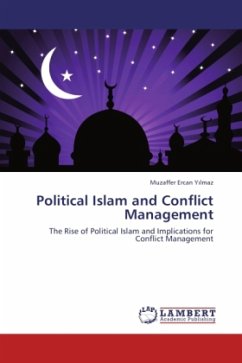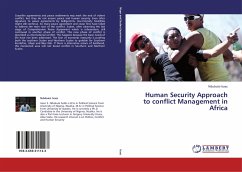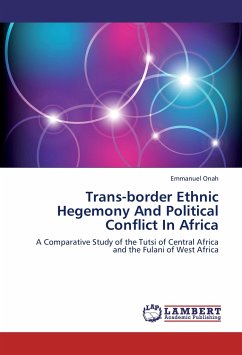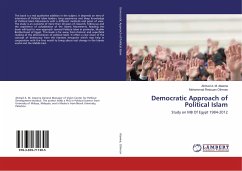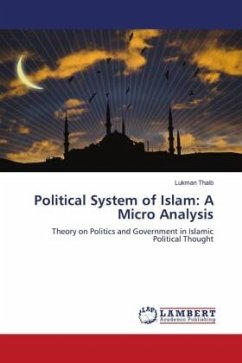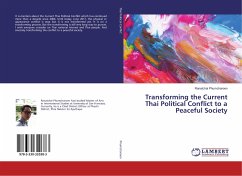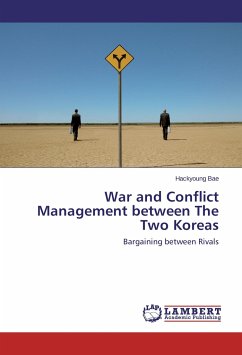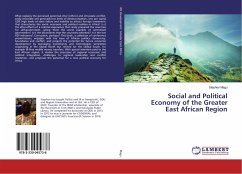In the face of increasingly evident religiously driven conflicts around the globe, a necessity arises to understand the nature of such conflicts. This necessity emerges not only from pure scientific curiosity but also from practical concerns regarding the crucial question of how to manage and resolve these conflicts. This study is an attempt to explore such issues by focusing on political Islam in the Middle East. Three cases are examined, Turkey, Egypt, and Algeria, where political Islam has challenged, sometimes quite seriously, the secular state structure. Even though a three-case study is not sufficient enough to reach generable results, many policy implications, nevertheless, can be drawn from the study in terms of more effectively managing the religious challenge in the twenty-first century.
Bitte wählen Sie Ihr Anliegen aus.
Rechnungen
Retourenschein anfordern
Bestellstatus
Storno

